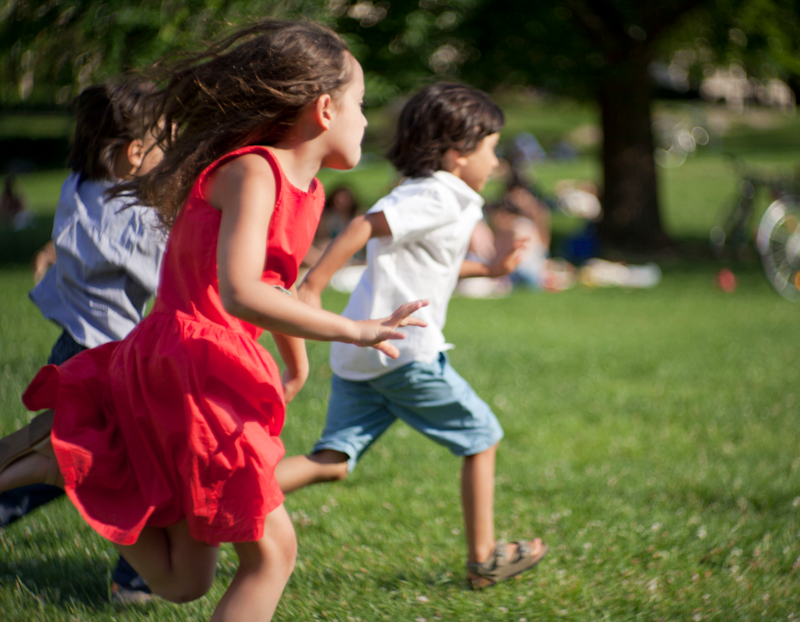“Should Schools Ban Kids From Having Best Friends?” asks Dr. Barbara Greenberg, or the headline above her op-ed. This is the health page at U.S. News & World Report, and another headline says, “Why You Should Stop Drinking Hand Sanitizer.”
Dr. Greenberg has a PhD and a therapy practice, and she wields the first-person singular like it was a scepter. “I am a huge fan of social inclusion,” the doctor says, and “I am not, however, an advocate of encouraging kids to have huge groups of friends. What I would like to see instead is children having a smaller group of close friends.” If schools come down against having best friends, kids will be that much closer to the scheme Greenberg wants: easy on the preferences, easy on the exclusion, therefore no kids feeling sad about losing friends or getting left out.
Of course, parents may not like a school telling children what sort of friendships to have. The doctor, smiling, says the parents should “take a minute and breathe.” She’s like that. For instance, she can take on board the idea that coddling children isn’t good. “However,” she says, “I am concerned about the bigger picture, which includes the pain associated with exclusion and the gentle comfort associated with inclusion.” Whatever she’s looking at is the big picture; what we look at is some little local concern that gets to-be-sure’d.
Briefly as she deals with the coddling objection, she never deals once with the idea that children shouldn’t be messed with. Nor does she ask what the kids prefer. She sees a problem (kids crying in her consultation room) and she determines a solution (a bunch of other kids being lectured by adults about their social lives). Like many people who are serenely implacable, the doctor has more certainty about her views than clarity about the ideas making them up. Consider the notion of the best friend. The doctor, wanting us to think about exclusion and the hurt of pecking orders, poses a stumper: “If kids have best friends, does that also imply that they have ‘worst friends’?’”
But then, down in the wind-up, we have: “Think of all the wonderful opportunities you may have missed if you socialized exclusively with only one friend. Now think about your kids and help them broaden their perspective.” How can a kid have best and worst friends, plural, if the kid has “only one friend”?
The doctor can’t stumble through 11 skimpy paragraphs without scattering bits of mental chowder, but she figures she has the answer to hurt and grief. Terraform the children’s social lives, she tells us. Doctor, let me speak to you. Perhaps there’s something to safeguarding our children from the hurt of losing a friend or being left out. But I’m concerned about the bigger picture. This includes the painful frustration that comes from adult interference, and also the confidence and sense of security that come from mastering life instead of having it dictated to you.
Doctor, I’ll put it this way: the children might foster their resilience and develop coping skills. Does that sound all right? Of course, the kids’ best bet for doing so is to learn from parents, siblings, and other intimates, as opposed to passing an hour a week with a stranger who has a degree. I’ll add that your website doesn’t say where your degree is from, and that your photo indicates more hair than brains. Now, excuse me, I’m going to drink some hand sanitizer.
—Follow C.T. May on Twitter: @CTMay3

